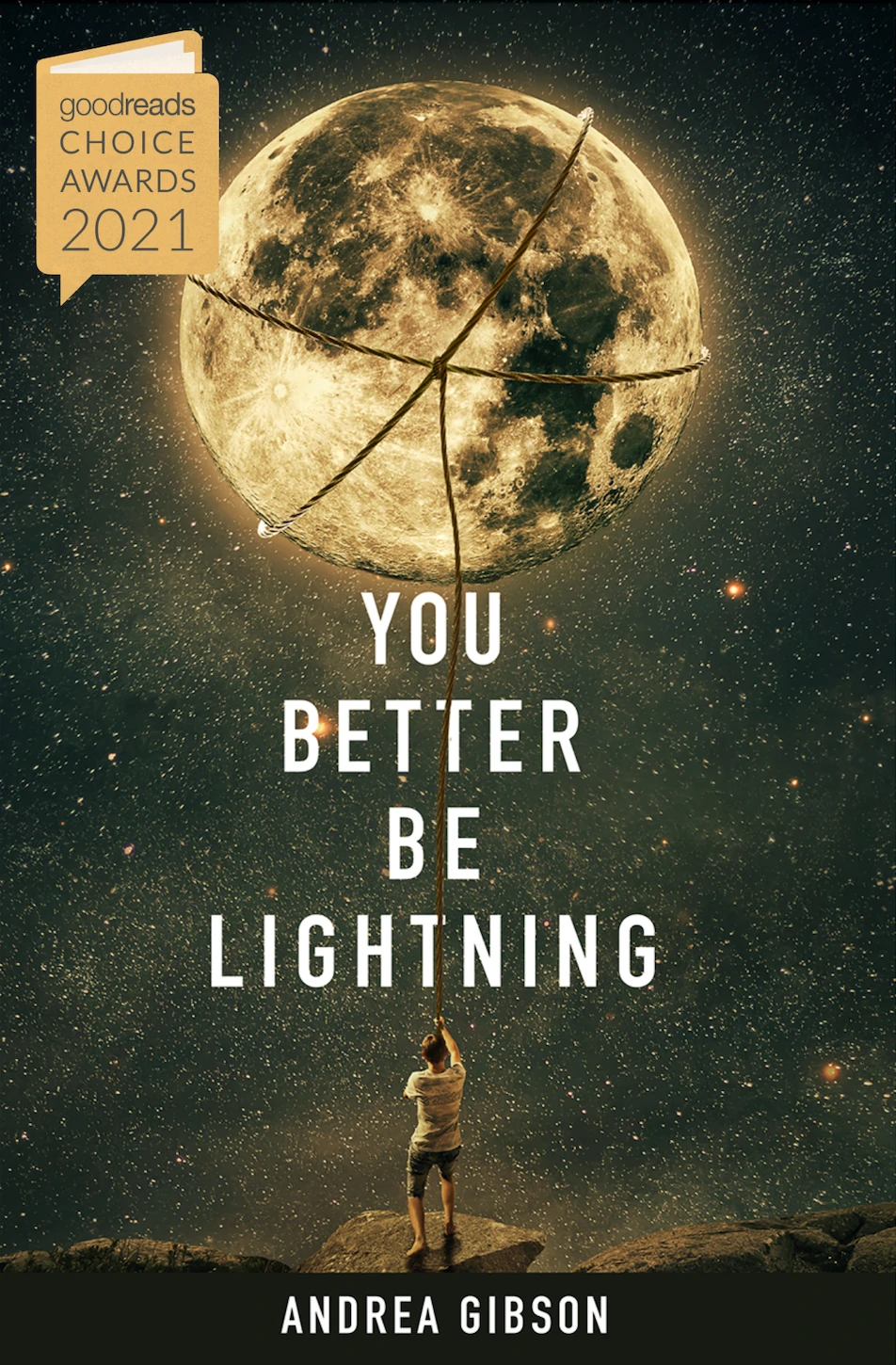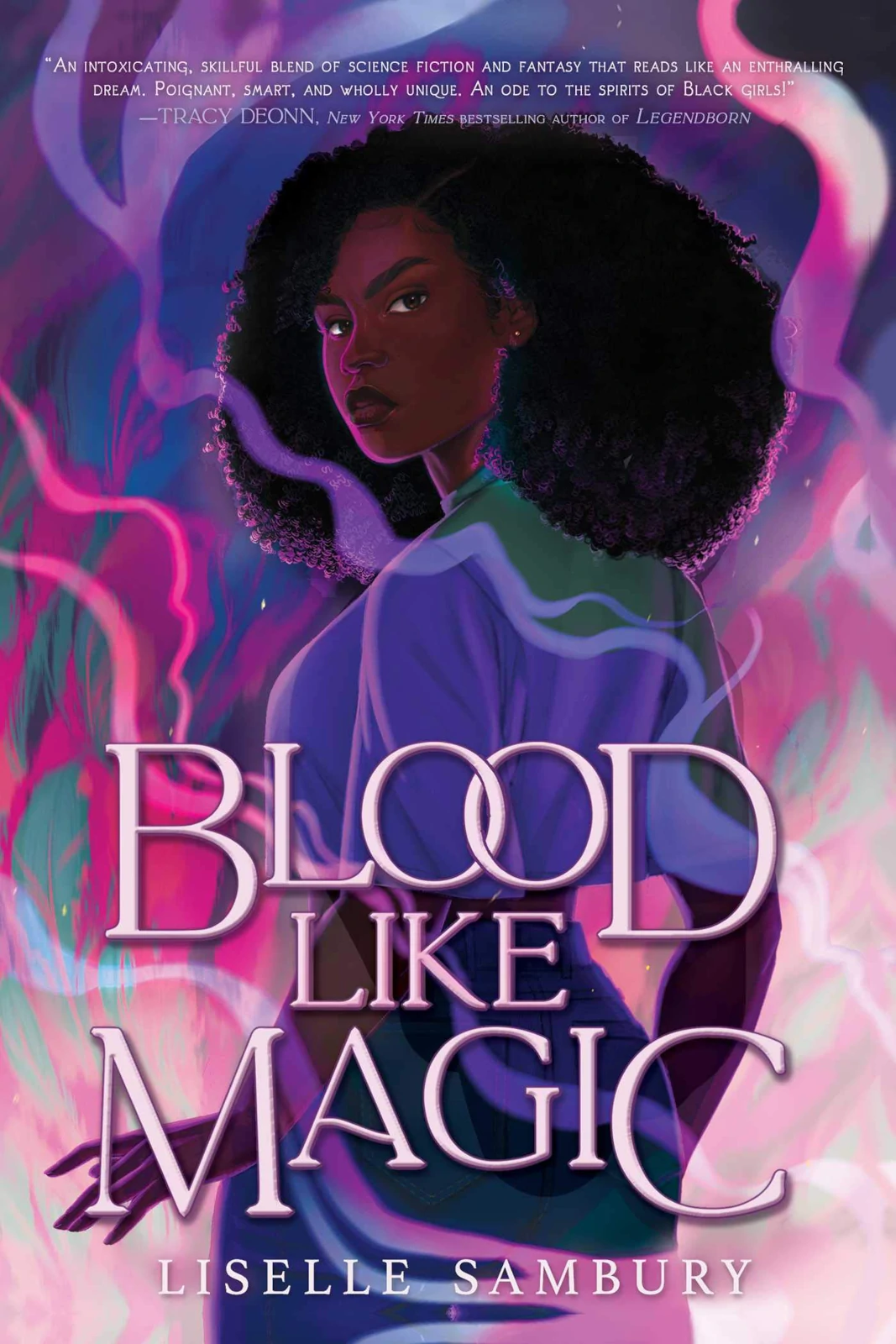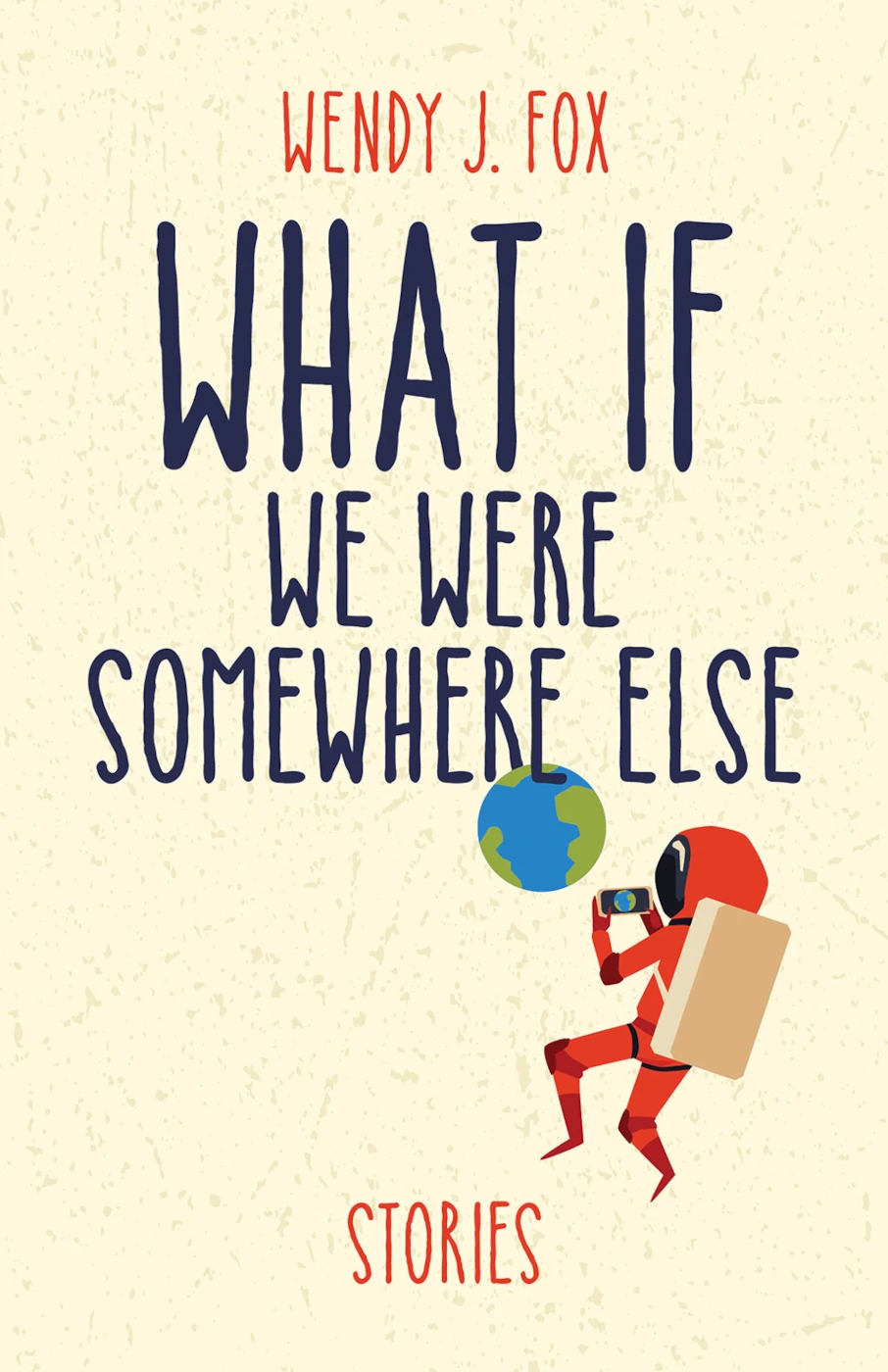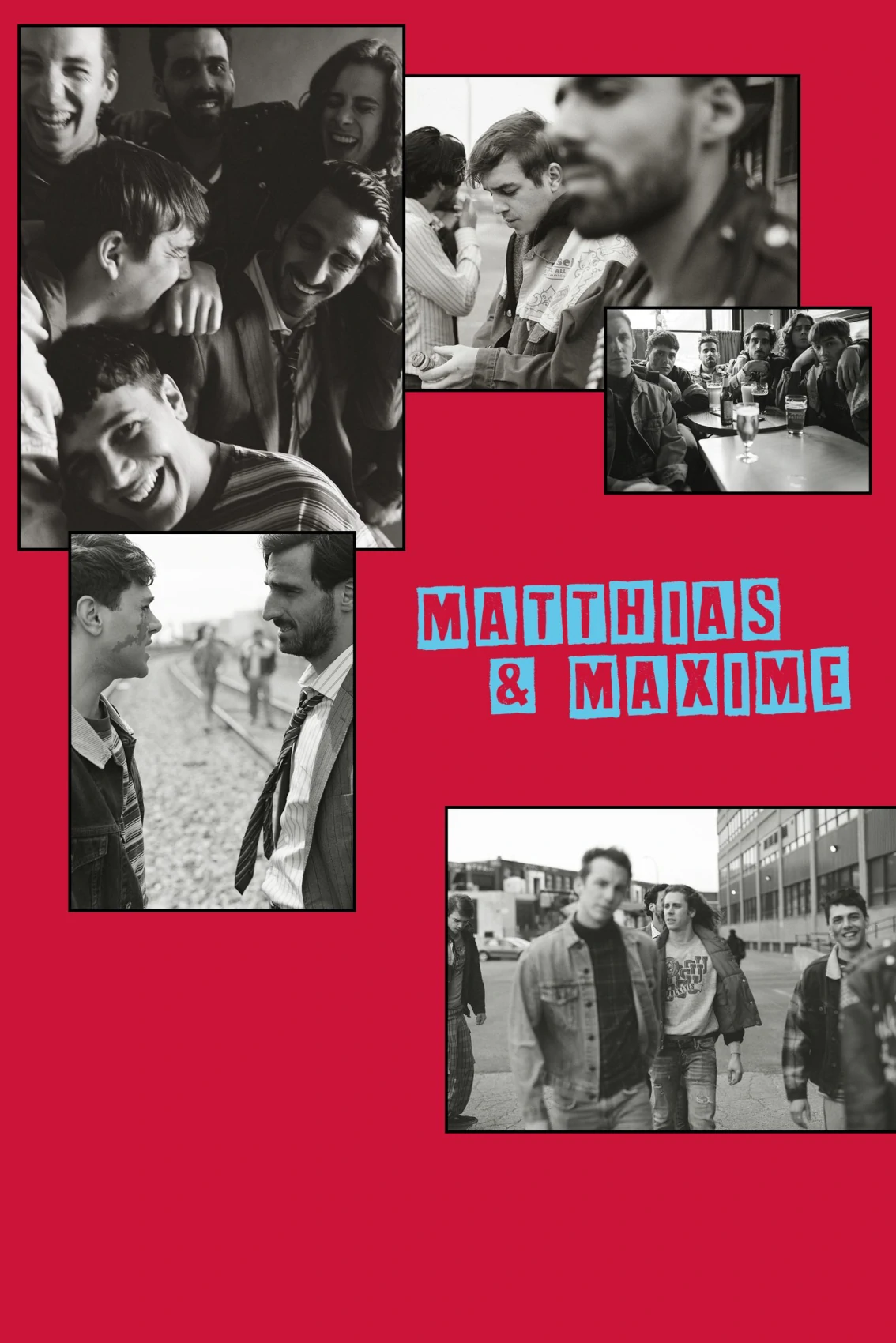
Rat and Roach
Short story winner of the Spring 2021 F(r)iction Literary Contest.
Rat loved Roach, and Roach loved Rat, and if they both loved heroin just a little more than they loved each other, that was a truth they had long accepted.
Rat and Roach met in an alley off Euclid Avenue, in downtown Cleveland. Rat was fourteen, had been living on the street long enough to earn the name Rat. Not because she had ratted anyone out, which would have gotten her shunned or killed, but because she had a rat-like talent for navigating tight spaces and finding valuable things. Food, drugs, warm socks, a place to squat. It was downright spooky, like she had a special sense for where to look. Rat was small, all sharp angles, coiled spring tight. She was surprisingly strong, as more than one asshole creep had found out.
Rat was in that alley because halfway back, behind a dumpster, was an unused grate that led to a tunnel that led to her current hidey-hole. It was a long, narrow space that was in no way welcoming, but like her namesake, Rat felt most safe in the kind of confined spaces others would find claustrophobic, in tunnels and closets, in low-ceilinged rooms, in the voids between walls. She was about to open the grate when she heard moaning from deeper back in the alley. Most nights she would have ignored a little moaning—it was late, the temperature was dropping, and she had a dime bag in her pocket whispering her name. Besides, it was none of her business. Poking your nose where it didn’t belong got it cut off. But she felt the tingle, the almost pleasurable shiver at the base of her skull, that usually meant she was about to find a bag of good apples in the dumpster behind Dave’s Supermarket, or a warm blanket in a cast-off box of trash.
The moaning was coming from a skinny white boy curled up in a fetal tuck, half buried by garbage bags. He was bleeding in several places, including a nasty gash across his forehead. His left eye was swollen shut. Rat pulled the bags off the boy and helped him stand. On his feet he was even smaller than Rat, pale as curdled milk. Rat could see track marks on his thin arms.
Rat did something she had never done before. She brought him into her private space. She made a bed of blankets for him and stayed awake all night watching him shudder and shake in restless sleep, afraid to close her eyes in case he turned out to be a psycho.
In the morning, Rat discovered his name was Roach, that he had been Roach since the day he was born. His mom considered him and his siblings nothing more than insects that ate her food and scuttled around in the dark, and Roach, in particular, was always underfoot. He started snorting her heroin at twelve, shooting up at thirteen. Now he was fifteen, a year older than Rat. He was new to the streets, barely a week in. His mom’s most recent boyfriend had tried to get a little too friendly, and Roach decided to take his chances. He’d been doing okay until last night, when four Cleveland State Delta Sigma Phi frat boys had stomped him good.
That was almost two years ago. Rat and Roach had been together since, squeezed tight in her damp squat. They scrounged for food and supplies together, although Roach did not have the knack like Rat. They begged for money from the suits on the end of the I-90 exit ramp to Ontario. They used heroin together. On nice days they stretched out in the grassy middle of Public Square and watched the clouds scuttle by. Sometimes they socialized with the other denizens of the street who were their neighbors, the junkies and prostitutes and alcoholics, the homeless and those who just did not want to go home. On cold days and rainy days, they stayed in except to score, huddled beneath piles of blankets, telling each other stories. They shared what few dreams they had. Rat and Roach slept together in their hidey-hole every night. Sometimes, when the drugs allowed it, they fucked.
Right now, they were late for a memorial service.
“I told you we should have waited until after,” Roach said as they shuffled hand in hand toward Public Square.
“I needed to get straight for this,” Rat said. “I liked Anne.”
Roach sighed. “Yeah, me too. She was really sweet.”
Anne, aka Raggedy Ass Anne, had been a prostitute. She had come by her name thanks to a bit of misfortune that turned surprisingly serendipitous. She had bleached her hair for years with a foul home mixture, until one day every thin, brittle strand fell out. One night she found a full skein of bright red yarn in a trash can. Maybe because it made her laugh, Anne cut the yarn into lengths with the razor blade she always had somewhere on her body and tied the pieces into a makeshift wig.
Raggedy Ass Anne was born. It turned out johns really went for her new look. At least, until she was entertaining a customer on his boat docked in the Flats when, according to her date, she stumbled and fell into the dark waters of the Cuyahoga. By the time they found her body, any possible hint of foul play had disappeared.
Anne’s friends were gathered near the Soldiers’ and Sailors’ Monument where Padre Pete was getting his preacher on. The Padre had been a real priest once, before he disappeared into the bottom of a bottle. Now he ministered to his street flock when not face down in a gutter. Today he was a little shaky but stone sober.
“Anne was one of us,” he said. “If we are a family, and I believe to the bottom of my gin-soaked heart that we are, then Anne was sister to some of us, daughter to others, and mother to many. Despite a life that was, even when compared to this group gathered here, royally fucked, Anne remained kind but realistic. She did not believe in fairytale endings.”
Pete looked to the sky, his voice growing louder with each word. “The one thing I do not understand is how God, in his infinite grace, could look down upon that proud woman in her ridiculous, wonderful red yarn wig and allow her to come to harm. She deserved a fairytale ending.” Pete finished and turned away, choking back a sob.
He was not the only one wiping away tears. Rat was crying herself. She folded her body tightly into Roach’s arms and stayed there until the tears subsided. Then they said their goodbyes and headed for home.
“Wait. Stop for a sec.” Rat was on the hunt, feeling the shiver even stronger than usual. She had already led them down a side street they rarely traveled, then into a short, dead-end alley. There was some kind of good score nearby, she knew it.
“What is it?” Roach asked. He was annoyed they had taken this extra-long way home but was trying hard not to show it. When Rat was like this it usually paid off.
Rat hushed him with a look. She closed her eyes and spun in slow circles, searching for the shiver. And there—there it was. She opened her eyes, looked at the jumble of rotted wooden pallets piled against the wall. Rat smiled and began yanking away the pallets. Roach joined in, and they soon cleared a space.
Set into the crumbling brick of the boarded-up building was one of the weird, short doors that dotted the warehouse district. The doors were remnants of when the street had been a couple of feet lower. This one was ancient, splintered wood, the paint peeling, the boards wrapped in horizontal rusted iron bands with a rusted iron doorknob to match. A rectangle of never-painted wood showed where a nameplate had once been attached.
Rat reached out tentatively and touched the doorknob. She jerked her hand back from the shock she felt, without knowing if it had been caused by static electricity or something more mysterious.
Roach said, “I don’t think this is a good idea,” but Rat grasped the knob firmly in both hands. It turned with surprising ease.
“Holy shit, check this out!” Rat disappeared through the doorway, and Roach peeked his head in. It was a long, narrow room with a low ceiling of massive roughhewn beams. Eddies of dust swirled in the dim light that filtered down through gaps in the beams from broken windows higher up. The walls were brick, broken in places and patched with plaster over the years. The floor was cement, cracked and heavily discolored. The near end of the room had once had a door that led into the rest of the building, but it was now bricked over. They had entered through the only way in and out of the room. In the corner near the bricked over door was what looked like a large round drain surrounded by bricks and raised a couple of inches off the floor. Great, Roach thought, a fucking hell mouth. So far he was not impressed.
As Roach stepped down into the room he said, “Holy shit, what?”
Rat took him by the shoulders and spun him to face the far end of the room. “Holy shit, that,” she said.
There were hundreds of oriental rugs, stacked and rolled, piled haphazardly nearly to the ceiling. Some had begun to unravel, the backing rotting away, but at a glance many seemed to be in good condition. “This must have been an import warehouse or something, and they forgot about these,” Roach said. He was about to say more, but the look on Rat’s face stopped him cold. Her eyes were closed, her lips curved in a small smile. She looked like she was riding a killer high.
“This is it,” Rat said. “We can cover the floor and walls with rugs, make a nice thick bed. This can be our cocoon.”
“You want to move in here?” Roach couldn’t stop the doubt from seeping into his voice. “I mean, it’s dry by the looks of it, and you’re right about the rugs. But it’s kind of creepy.” The floor drain was giving him an unsettling vibe.
“It feels right,” Rat said, in a voice that did not invite argument. “Let’s get our stuff.”
Roach sighed, and tried to smile. “All right, let’s get our stuff,” he said.
They discovered the rats when they began to move rugs. There were dozens of them, maybe hundreds, dark shadows that slipped away when revealed. They tumbled over each other in their haste to hide, retreating into other parts of the rug jumble. Many disappeared down the drain.
Rat and Roach had rarely fought in their almost two years together, but this—Roach was ready to nope right out of there. “I can’t do it,” he said. “I’ll never be able to sleep here. As soon as I close my eyes I’ll hear their little feet. I’ll see their dead black eyes everywhere.”
Rat crossed her arms. “I’ve shared space with rats most of my life, and they’ve never bothered me. If you leave them alone, they leave you alone.”
“Man, I don’t know…”
“I feel at home here, like this is where I belong.” Rat had a look in her eyes that Roach could not read. After everything they had been through together, he thought he knew her. Now he wasn’t so sure. “This is where I’m supposed to be. I’d like you to be here with me, but if you can’t, you can’t.” Rat turned away then, the conversation over as far as she was concerned. She started to haul another rug off the pile. Roach realized the full impact of what Rat had just said, the matter-of-fact finality of it. He felt tears sting his eyes. If he walked away now, he wasn’t sure she’d notice. With a deep breath, he grabbed the edge of the rug to help Rat move it into place.
Roach had to admit, their new home wasn’t so bad, at least at first. They covered the floor, except for the drain, with a thick layer of rugs, ran them part way up the walls. They used the thickest, most luxurious rugs to make what was, if they were completely honest, the nicest bed either of them had ever slept in. They ran an extension cord to an outdoor outlet further up the alley, which let them power a small lamp and an electric heater, both garbage picked. With the blankets and meager personal items they had brought over, it was almost homey. If you didn’t mind the rats.
Roach most certainly did mind the rats, but he tried to ignore it. The rats were fearless, but generally kept a respectful distance. They seemed curious. They scurried around the space; their tiny footfalls muffled by the rugs. They streamed in and out of the drain (the hellmouth as Roach thought about it) like it was the Greyhound station on Chester. Roach watched them with horrified fascination, and he swore they watched him in return. His sleep was uneasy, comfortable bed or no.
Rat was the happiest she had been in their time together. She smiled more. Her ability to find things kicked into overdrive, food especially, and they were eating better than ever. It bothered Roach that she occasionally shared crumbs with their four-legged roommates, but he kept it to himself. The heroin on the street was currently of superior quality, so that was nice. They fucked more often, and better.
They did not name any of the rats. Rat felt like that would be somehow disrespectful, and Roach didn’t like them enough to get that personal. They did, however, start to differentiate between them. There were three or four large animals that seemed to be alphas, nipping at the others, keeping them in line. And one enormous beast, jet black and sleekly pelted, they both instinctively recognized as female. The rat queen. She, more than any of the others, seemed to always be watching them.
One night in mid-November, as the wind began to bite, Roach wrapped himself in his threadbare overcoat and went out into the dark to score. He came back empty-handed.
“The cops swept everyone up,” he told a jittery Rat, rubbing his hands together in front of the heater. “Every dealer we know, and some of the bosses, from what people are saying. Some kind of big sting operation.”
“Shit!” Rat said. She dug through their stash box. “We’re almost out, too.” Rat shrugged into her own coat and headed for the door. “I’m going to try my luck, see if I can work the shiver.” She was back an hour later, chilled to the bone and nothing to show for it. “You’re right, there’s nothing out there,” she said, eyes downcast, shoulders hunched. “Nobody’s holding. We’re going to need to ration until we can find more.” Her sixth sense rarely failed her, but it couldn’t compete with the Third District Narcotics Unit. The two of them crawled beneath the blankets and huddled together desperately, already feeling it, a gnawing in their bellies that was only going to get worse.
That was just the first of a one-two-fuck-you. Two days later a storm brought freezing rain, coating the city in ice. A foot of snow followed, carried by a northwest wind that howled across Lake Erie from Canada picking up water from the gray chop. Rat and Roach were frozen in at first, what with only the one door. When the hunger, for food on top of the drugs, got too bad, they started to chip away with the door until they could finally squeeze through.
Pickings were slim. Still no heroin, and food was hard to come by. The suits for the most part kept their car windows rolled up at the bottom of the exit ramps, keeping the cold out and their dollar bills in. The dumpsters behind Dave’s were stingier than usual, the produce frozen and inedible, the bread hard. Even the soup kitchen at the Old Stone Church had lost funding and was struggling to feed the parade of homeless chased off the streets by the vicious weather.
A week into the deep freeze, with no end in sight, Padre Pete was found frozen to death in a doorway on West Ninth, an empty bottle in his hand. There was no memorial service.
Rat dreamed she was giving birth. She was naked, sprawled on the bed of rugs, her back hard against their thin pillows, her knees drawn to her chest and spread apart. Her belly was massive. It undulated with each contraction. Even in her dream the pain was indescribable. It felt like each spasm was ripping her apart.
She was surrounded by rats.
They nuzzled up against her, hundreds of them, climbing over each other in their eagerness to be close. The rats supported her arms, formed a roiling pillow beneath her legs. In her dream the rats did not frighten her. She took comfort in their fat, furry bodies, the brush of their whiskers, gratefully surrendered to them the weight of her exhausted limbs. Even as pain racked her body, their touch calmed her.
Between her legs, watching, black eyes glittering, the rat queen waited expectantly. The contractions intensified, one on top of the next. Rat sobbed. She screamed. The sound echoed through the room and doubled back, and the rats pushed against her, they screamed with her, absorbed her pain and shrieked it back out. Rat convulsed. Blood gushed from between her legs, and with it a litter of rats tumbled out. There were a dozen of them, small and slick with fluid, squirming in the gore, helpless, blind and deaf. The rat queen dragged them by their necks, one by one, and nestled them in Rat’s waiting arms.
Rat smiled, the pain gone, at peace with her babies. She kissed their soft ears. She snuggled them against her cheek. The chattering of the other rats became a song of congratulations and welcome, a song Rat discovered she could understand, and she joined in, exultant.
Rat jerked awake. The dream drifted away like sparks from a fire floating up into the dark, leaving behind only brief flashes. A thin light worked its way into the room from the cracks in the boards above, and Rat could see a shape just inches from her face. Her eyes focused, and the shape resolved itself. The rat queen crouched there, nose twitching. Between her front paws was a small packet of heroin.
Rat reached out tentatively, afraid she was imagining it. She almost cried with relief when her fingers touched the plastic bag, and again when the queen rat let her scoop it up. She rolled over to wake Roach up, but three of the large male rats were lined up between her and him. Like sentries. Like guards. She tested them, reached out to shake his shoulder, and one of them snapped at her fingers. The message was clear.
Their stash box has been completely bare for three days. Rat had not survived on the streets through soul searching or introspection. She acted and waited for the smoke to clear to worry about the consequence of those actions. Rat took a deep breath. She crawled quietly out from beneath the blankets, got her works and shot up. Then she crawled back into bed, clung tight to Roach’s back, and rode the high into dreamless sleep.
“What the fuck is going on?” Roach had been throwing up into a bucket all morning. He would have preferred puking down the hellmouth, but he wasn’t sure how the rats would react, and wasn’t anxious to find out. His skin was shiny with sweat even though it was cold enough to see their breath inside the hidey-hole. Rat had gone out and scavenged some day-old bagels from a deli, but he couldn’t keep anything down. His stomach clenched and his skin felt like it was going to crawl right off his bones.
“What do you mean?” Rat said, trying to keep her voice neutral.
“You’re whistling. You’re fucking whistling. Why aren’t you sick?” He looked at her with glassy, fevered eyes, accusing.
“I…don’t know,” Rat answered. She knew it was lame, but it was the best she could do. What was she going to say? Sorry, man, the rats brought me some really good drugs, but I’m not allowed to share them with you. She hadn’t realized she was whistling as she tidied up the place.
Roach stood up on shaky legs, a blanket wrapped around him like a shroud. “You got high without me! Where’d you get the dope?” He took a step toward her and the rats in the room stopped doing their rat things. Their ears perked up. They started moving, with purpose, between them. Roach was too worked up to notice.
“You’re talking fucking crazy!” Rat shouted, desperate. “I wouldn’t do that!” I would. Yes, I would. “Where would I get heroin? There’s none out there!”
The rat queen chose that moment to boil up out of the drain hole, rising on a wave of rats, hundreds of them. They streamed into the room, parted to make way for her, like peasants before royalty. She approached Rat, and dropped another bag of heroin at her feet, then turned to face Roach. They all did, all the rats.
Roach noticed then, realized what was happening. “Rat, what the fuck?”
“I can’t explain it, Roach. It just happened.”
“Can we—”
Rat shook her head sadly. “No, Roach. We can’t. You can’t.” She pointed to the rats. “They won’t let you. I’m sorry.”
“What do you mean, they won’t let me? Is this some kind of twisted joke? I’m pretty fucking sick, am I hallucinating? Tell me this isn’t real, Rat.” By the time Roach got to that last part he was pleading.
“I’m afraid it’s real, Roach. And I’m really sorry.”
“You’re sorry? I’m dying here, and you’re sorry? Fuck you and your rats, you bitch!” Roach lunged for the dope, and the rats attacked. They swarmed, moved like a single organism, sunk their needle teeth wherever they could find purchase. Roach screamed as the rats dragged him down, kept screaming as they attacked him in earnest, biting him, tearing chunks of flesh from his body. The screaming finally stopped when one of the huge black rats burrowed into Roach’s mouth, flattened and worked its way in. It finally disappeared, its tail whipping back and forth between Roach’s bloody lips.
When it was over, when the rats had all moved away from the body, Rat did the only thing she could do. She dragged Roach’s body to the drain, heaved it over the brick ring, and pushed it in. She heard the body bounce on the way down, then splash far below.
Rat used the dope, then crawled into bed and pulled the blanket over her head. She slept. Sometime later she woke to soft squeaking. The rat queen was next to her, prone, surrounded by her new babies. She was licking their wiggling, naked bodies, cleaning them off. Rat watched for a moment, then delicately picked one up and began to help.




